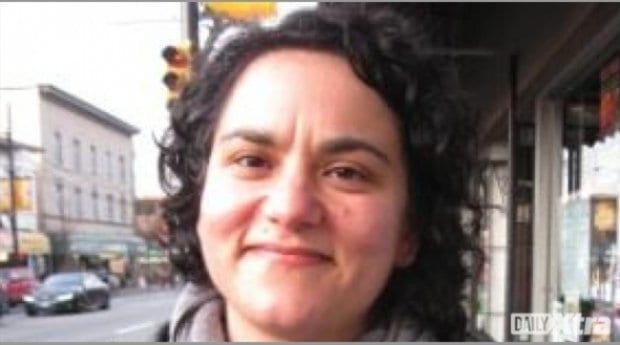The global uproar over Russia’s anti-gay laws in the lead-up to the Sochi Winter Olympics may have peaked and abated, but the Vancouver Queer Film Festival intends to keep that country’s deep-seated homophobia in the spotlight.
Among its featured films this year is Children 404, a documentary named after a web-based sanctuary for LGBT Russian teens, whose name riffs off the error message that pops up when a webpage cannot be found.
The second film in the festival’s Queer Russia, With Love package is the award-winning drama Winter Journey. Irony of ironies, the Russian ministry of culture approved it for export to international festivals before Vladimir Putin signed the anti-gay law last June.
Children 404 and Winter Journey are among more than 80 films from 11 countries that will be screened during the 26th annual Vancouver Queer Film Festival, which will run Aug 14 to 24.
Festival programmer Shana Myara is particularly thrilled that women are at the helm of a significant number of this year’s offerings. Women account for only six percent of directors and people in the most influential roles in Hollywood, Myara says, but half this year’s festival films were directed by women, who are also well represented among the selection’s screenwriters.
“It’s one of those landmark moments,” Myara says. “I wanted to make sure it was part of the discussion at the Queer Film Festival this year.”
She highlights the work of Desiree Akhavan (Appropriate Behavior), Sydney Freeland (Drunktown’s Finest) and Patty Berne (Sins Invalid). And it’s not just white women directing these films, she notes. “These are the women who are the most rarely seen in these leadership roles in the film industry.”
She attributes the increasing visibility to a number of factors, including the rise of digital filmmaking, which makes the playing field more accessible. She also points to what she calls a “collective impatience” among women who did not see films that spoke to their experiences so decided to come together, leverage each others’ talents and make the films they want to see.
The festival will host a panel discussion Aug 18 with Freeland, Akhavan and Carolyn Combs, of Women in Film and Television Vancouver, to “tease out the why and the how and what’s next,” Myara says. “Films are still an amazing way of bringing us together and keeping us up to date on how people are living their lives, and what is motivating us to express ourselves in certain ways at certain times in history.
“Art has that power to get us thinking and get us talking,” she says, “whether you like what you’ve seen or not.”


 Why you can trust Xtra
Why you can trust Xtra


